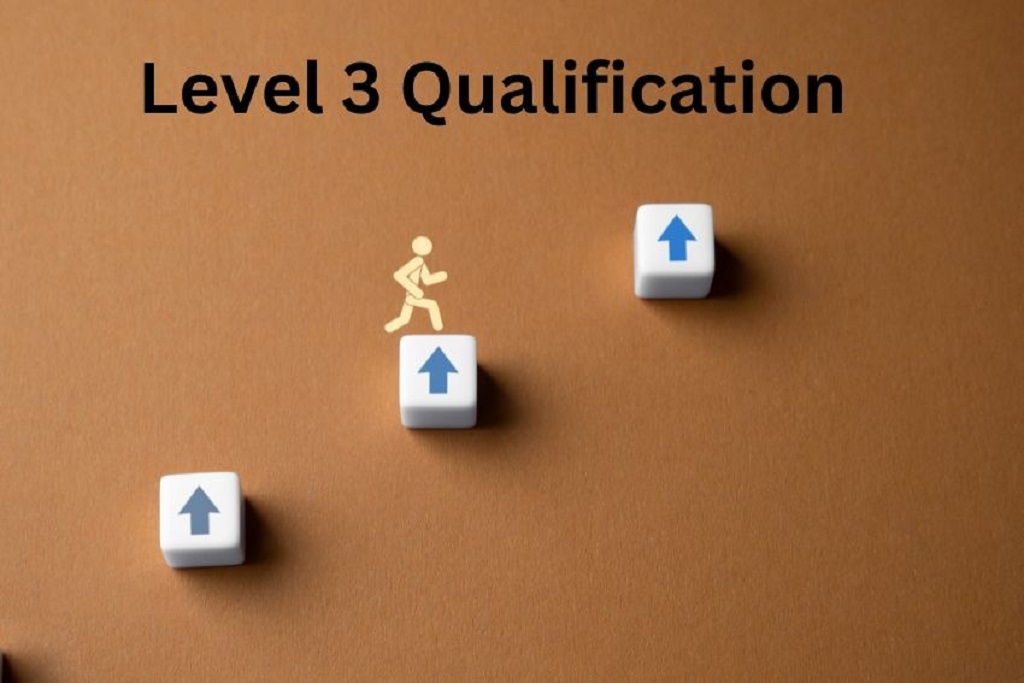When considering professional qualifications in business, many students wonder about the academic status of various certifications. The Association of Business Executives (ABE) offers respected qualifications that have helped thousands advance their careers globally. According to career guidance experts at Communal Business, understanding the distinction between professional certifications and formal degrees is crucial for making informed educational decisions.
The question of whether ABE Level 3 qualifications hold the same weight as traditional degrees frequently arises among prospective students. While ABE certifications carry significant value in the business world, they operate within a different framework than conventional university degrees. However, this doesn’t diminish their importance or practical application in professional settings.
Many professionals find that ABE Level 3 is not technically a degree, but rather a professional qualification that provides substantial career benefits and recognition within the business community. Understanding this distinction helps students make better choices about their educational pathways and career development strategies.
Understanding ABE Level 3 Qualifications
ABE Level 3 qualifications represent advanced professional certifications in business management and administration. These programs are designed to provide practical, industry-relevant knowledge that directly applies to workplace situations. The curriculum covers essential business topics including management principles, organizational behavior, marketing fundamentals, and financial planning.
The structure of ABE Level 3 courses emphasizes practical application over theoretical knowledge. Students engage with real-world case studies, develop problem-solving skills, and learn to implement business strategies effectively. This approach makes ABE qualifications particularly valuable for working professionals seeking to enhance their skills while maintaining their current employment.
Additionally, ABE Level 3 programs offer flexibility that traditional degree programs often cannot match. Students can typically complete coursework at their own pace, making these qualifications accessible to individuals with varying schedules and commitments. This accessibility has contributed to ABE’s popularity among adult learners and career changers.
How ABE Level 3 Differs from University Degrees
Traditional university degrees follow established academic frameworks with specific credit hour requirements and standardized assessment methods. Universities operate under regulatory bodies that ensure consistency in educational standards and learning outcomes. Degree programs typically span three to four years and include comprehensive examinations, research projects, and thesis requirements.
In contrast, ABE Level 3 qualifications focus on competency-based learning and practical skill development. The assessment methods emphasize real-world application rather than purely academic achievement. Students demonstrate their understanding through case study analyses, project work, and professional portfolio development rather than traditional examinations alone.
Furthermore, the duration of ABE Level 3 programs varies significantly from university degrees. Most students can complete ABE certifications within 6 to 18 months, depending on their study pace and prior experience. This shorter timeframe appeals to professionals seeking quick skill enhancement without the extended commitment required for formal degrees.
Recognition and Acceptance in the Job Market

Employers across various industries recognize ABE qualifications as indicators of professional competence and commitment to career development. Many organizations value the practical focus of ABE training, particularly in roles requiring immediate application of business skills. Human resources departments often view ABE certifications favorably when evaluating candidates for management and supervisory positions.
However, certain positions and industries may specifically require formal university degrees as minimum qualifications. Government positions, academic roles, and some corporate leadership positions often maintain degree requirements regardless of professional certifications. Prospective students should research their target career paths to understand specific educational requirements.
International recognition of ABE qualifications varies by country and region. While ABE maintains accreditation relationships with educational institutions worldwide, students planning to work internationally should verify recognition standards in their target locations. This research ensures that their qualifications will be appropriately valued in different markets.
Career Advancement Opportunities with ABE Level 3
ABE Level 3 qualifications open doors to numerous career advancement opportunities across multiple industries. Graduates often secure promotions within their current organizations or transition to higher-responsibility roles elsewhere. The practical skills gained through ABE programs directly translate to improved job performance and increased value to employers.
Many ABE graduates pursue entrepreneurial ventures, leveraging their business knowledge to start their own companies. The comprehensive curriculum covers essential aspects of business operations, providing a solid foundation for independent business ownership. This entrepreneurial pathway represents a significant benefit for individuals seeking greater professional autonomy.
Professional networking opportunities also emerge through ABE programs and alumni networks. Students connect with peers from diverse industries and backgrounds, creating valuable professional relationships that can lead to career opportunities and business partnerships. These networks often prove invaluable throughout graduates’ careers.
Progression Pathways from ABE Level 3
ABE Level 3 serves as a stepping stone to higher-level qualifications within the ABE framework. Students can progress to ABE Level 4, 5, and 6 certifications, each building upon previous knowledge and skills. This progression pathway allows for continuous professional development without requiring traditional university enrollment.
Many universities offer credit recognition for ABE qualifications, allowing graduates to enter degree programs with advanced standing. This recognition can significantly reduce the time and cost required to obtain formal degrees while building upon existing professional knowledge. Students should investigate specific university policies regarding ABE credit recognition.
Professional certification bodies in various fields often recognize ABE qualifications as meeting continuing education requirements. This recognition helps professionals maintain their industry certifications and demonstrates ongoing commitment to professional development. Such recognition enhances the overall value proposition of ABE qualifications.
Making the Right Choice for Your Career
Choosing between ABE Level 3 qualifications and traditional degrees depends on individual career goals, timeline constraints, and learning preferences. Professionals seeking immediate skill enhancement and career advancement may find ABE programs more suitable than extended degree programs. The practical focus and shorter duration align well with working professionals’ needs.
Conversely, individuals targeting careers with specific degree requirements should prioritize formal university education. Academic careers, research positions, and certain professional fields maintain strict educational prerequisites that ABE qualifications alone may not fulfill. Understanding these requirements early in career planning prevents future limitations.
Financial considerations also play important roles in educational decisions. ABE programs typically cost less than university degrees while offering comparable career benefits in many fields. This cost-effectiveness makes ABE qualifications attractive options for budget-conscious students seeking professional development.
Read More Also: Air Conditioner Running Efficiently All Year
Conclusion
ABE Level 3 qualifications are not technically degrees but represent valuable professional certifications that provide significant career benefits. These programs offer practical, industry-relevant education that employers recognize and value. While they differ from traditional university degrees in structure and duration, ABE qualifications serve as effective pathways for career advancement and professional development.
The choice between ABE certifications and formal degrees depends on individual career objectives, industry requirements, and personal circumstances. Both pathways offer distinct advantages, and many professionals successfully combine both types of qualifications throughout their careers. Understanding these differences enables informed decision-making about educational investments and career development strategies.
Read More Also: Five tips for a safer kitchen
Frequently Asked Questions
Can I use ABE Level 3 to get into university?
Many universities accept ABE Level 3 qualifications for admission to degree programs, often with advanced standing. However, admission requirements vary by institution and program, so students should verify specific policies with their target universities.
How long does it take to complete ABE Level 3?
Most students complete ABE Level 3 qualifications within 6 to 18 months, depending on their study pace and prior experience. The flexible structure allows students to progress at speeds that accommodate their personal and professional commitments.
Are ABE qualifications recognized internationally?
ABE qualifications have international recognition, particularly in Commonwealth countries and developing markets. However, recognition standards vary by country and industry, so students should research specific requirements for their target locations.
What careers can I pursue with ABE Level 3?
ABE Level 3 graduates typically pursue careers in management, administration, marketing, human resources, and entrepreneurship. The broad business focus provides flexibility across multiple industries and job functions.
Is ABE Level 3 equivalent to A-levels?
ABE Level 3 is generally considered equivalent to A-level qualifications in terms of academic level, though the content focus differs significantly. ABE emphasizes practical business skills while A-levels provide broader academic preparation for university study.



